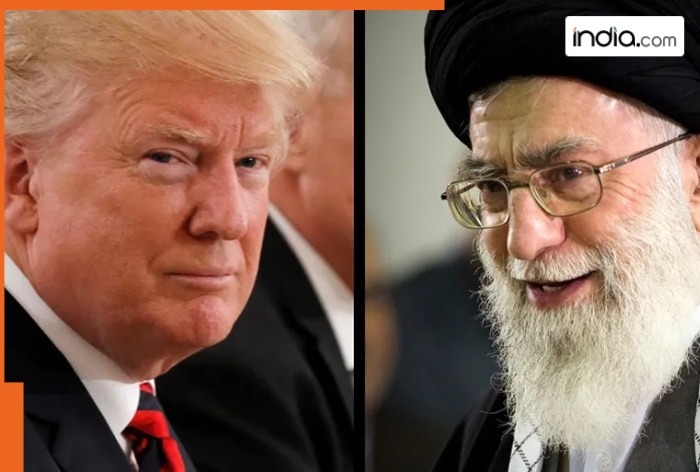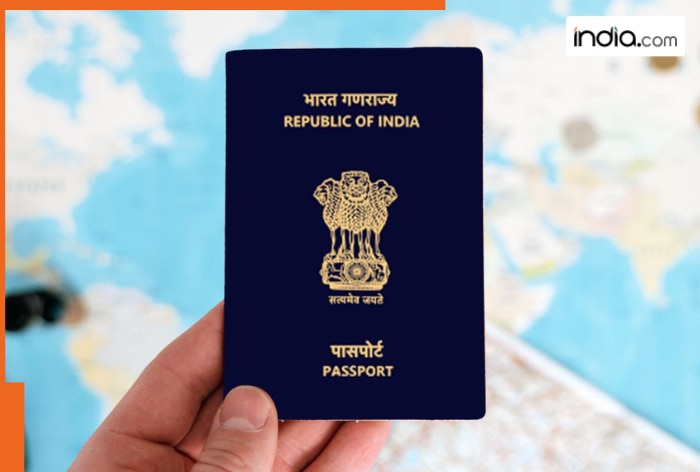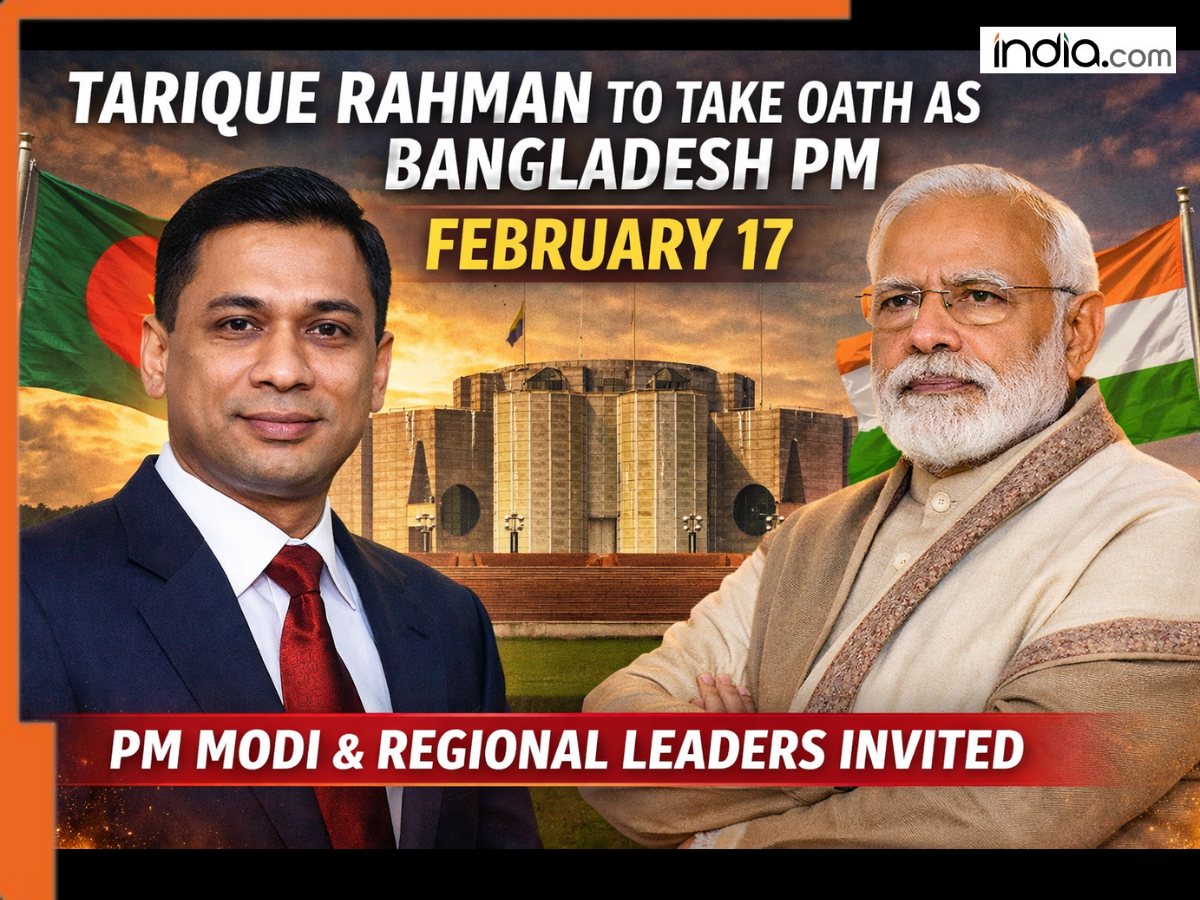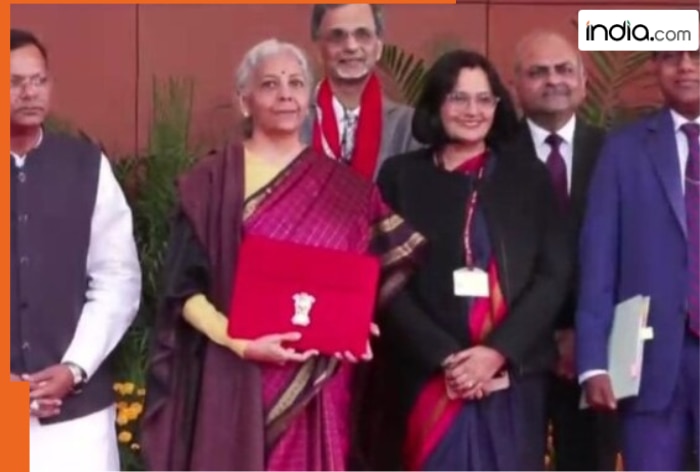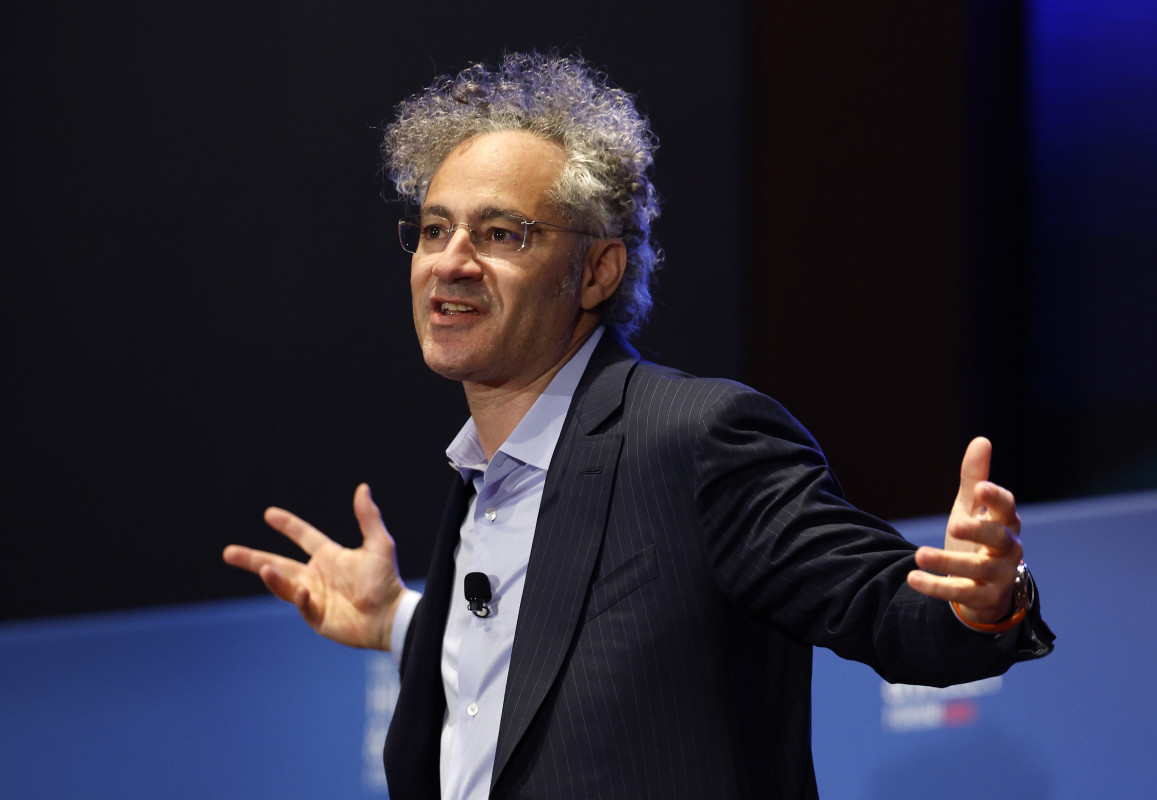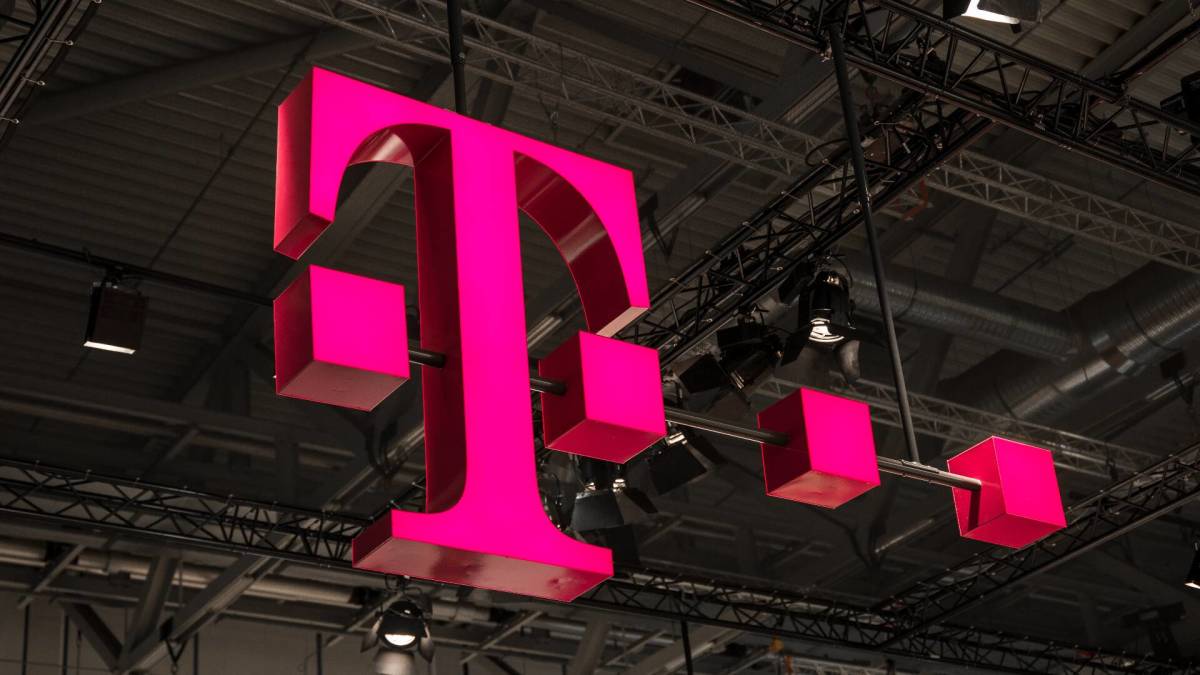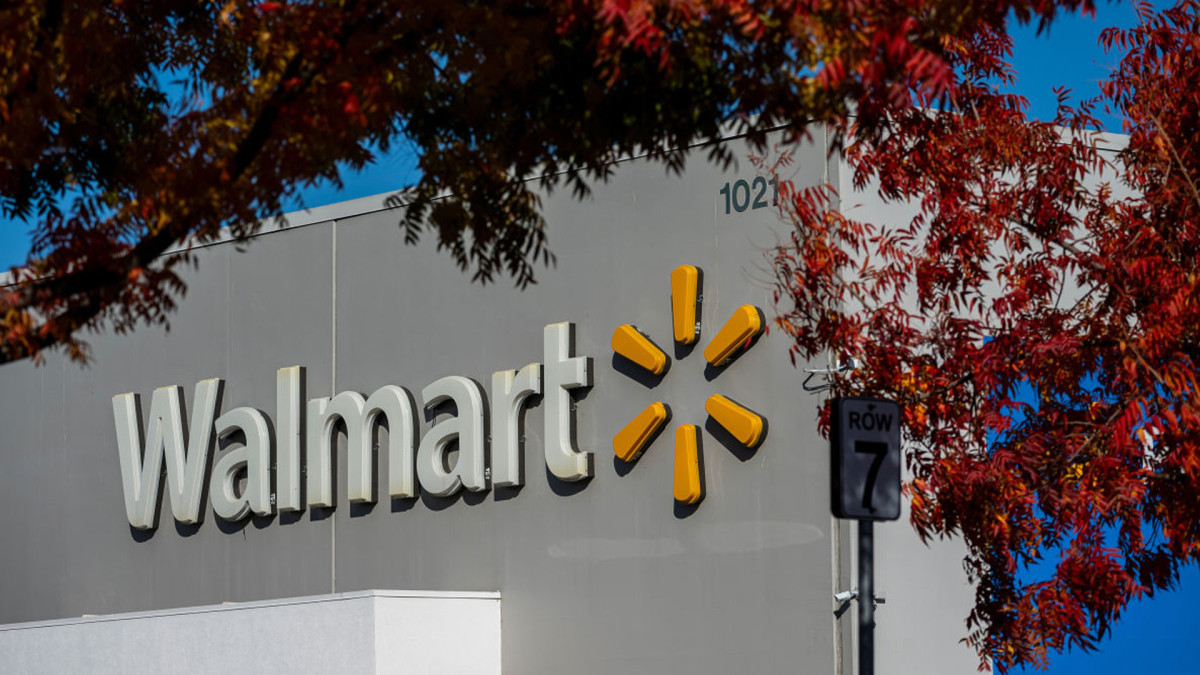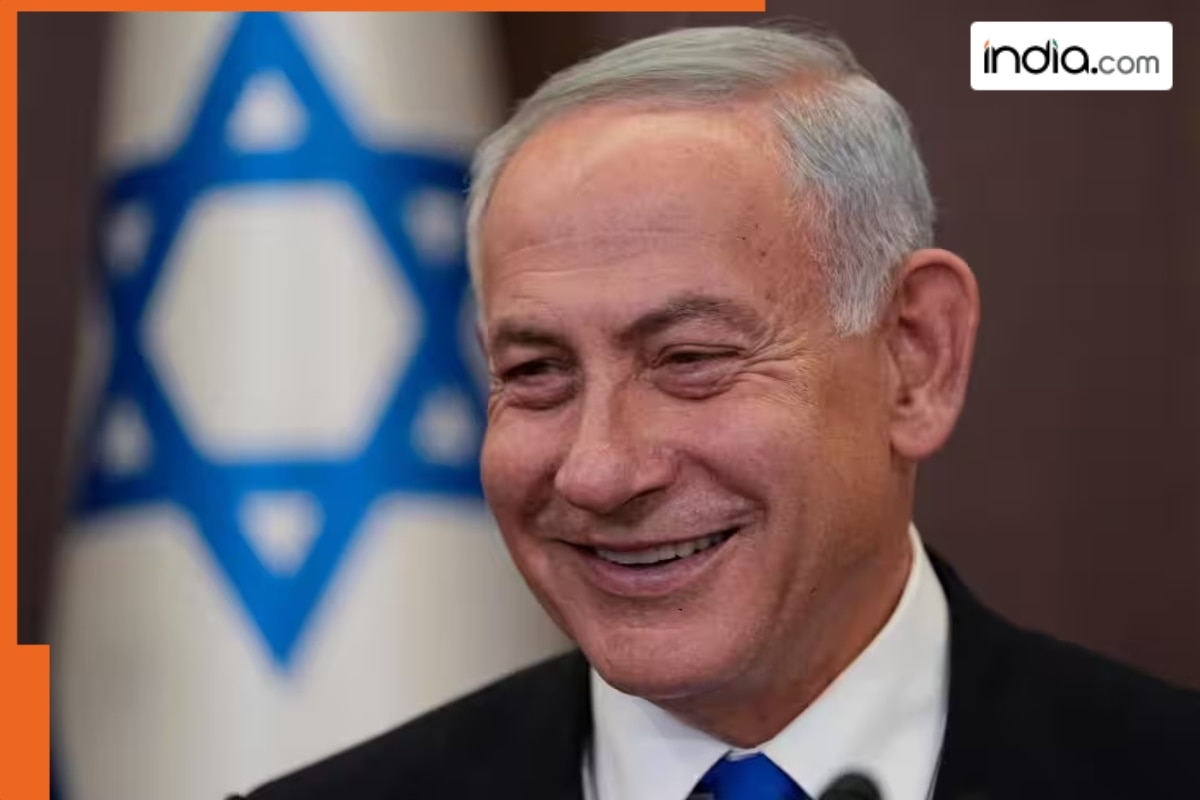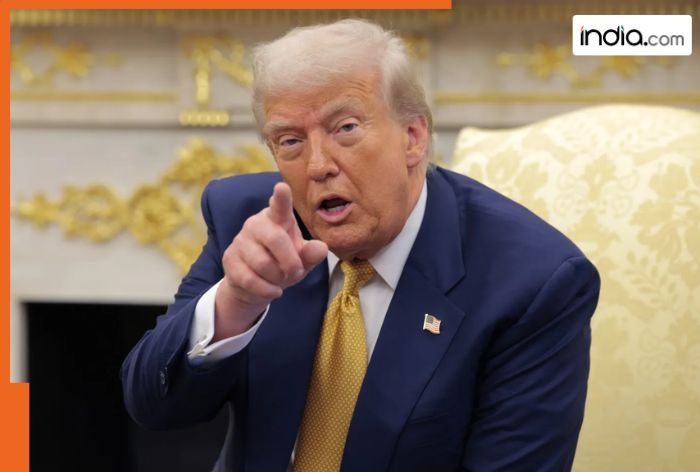H-1B visa fee hike: Workers with THIS profession likely to get exemption from Trump’s $100000 charge
This profession has in the past been treated as a matter of national interest. In June 2020, Trump signed Proclamation 10052, suspending entry for several categories of nonimmigrant workers, including H-1B, H-2B, L-1 and certain J visas.
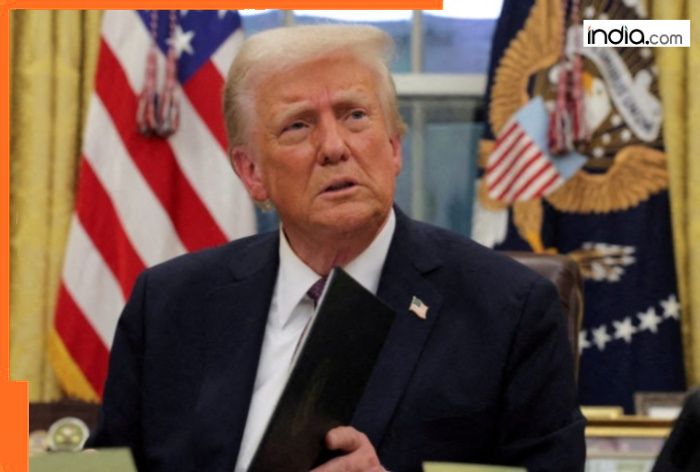
The Trump administration is thinking about excusing doctors and medical residents from paying the new USD 100,000 H-1B visa application fee after facing strong opposition from major medical groups, the White House said on Monday. Health experts had warned that applying the new fee to healthcare workers could make it harder for patients, especially in rural America, to get treatment since many areas are already short on doctors.
White House spokesperson Taylor Rogers told Bloomberg in an email that the new rules allow for certain exemptions, and these could include physicians and medical residents. The announcement follows Trump’s latest presidential order, titled “Restriction on Entry of Certain Nonimmigrant Workers,” which makes sweeping changes to the H-1B program. The order introduced the USD 100,000 fee for visa applications, a sharp jump from the earlier USD 2,000–USD 5,000 range.
The rule came into effect at 12:01 am on September 21, 2025. Immigration lawyers and companies quickly urged H-1B workers and their families currently abroad to return to the US as soon as possible or risk being stuck outside.
Financial impact on healthcare providers
The proposed USD 100,000 fee for every H-1B visa application could have sharply raised labor costs for major medical systems.
Government data from the US Citizenship and Immigration Service shows that leading hospitals such as Mayo Clinic, Cleveland Clinic, and St. Jude Children’s Research Hospital are among the biggest users of H-1B visas. Mayo alone has more than 300 approved visas, which would have added up to millions of dollars in extra expenses under the new rule.
Market reacts to possible exemption
News that doctors and medical residents might be exempt from the fee gave hospital stocks a boost. By 11 a.m. in New York on Monday, HCA Healthcare’s shares were up 1.4 per cent, while Tenet Healthcare Corp rose 3 per cent. The rise reflected relief across the healthcare sector.
The earlier proposal had sparked major concern, especially since over 76 million Americans live in areas officially marked as having too few primary care doctors, according to federal data collected by the health research group KFF.
What's Your Reaction?







